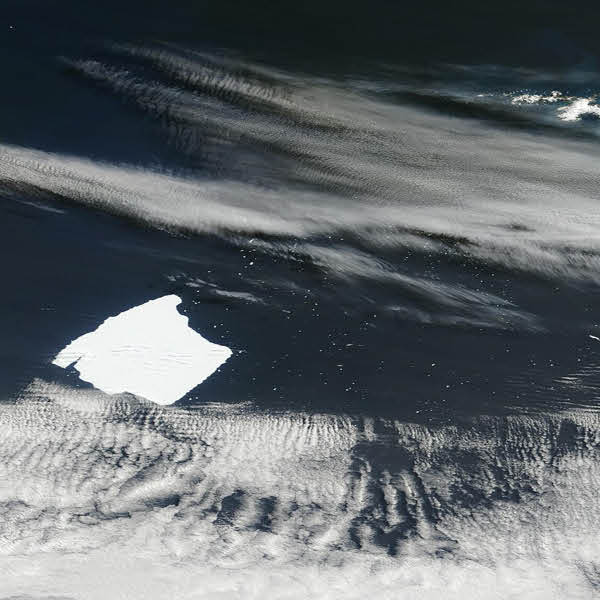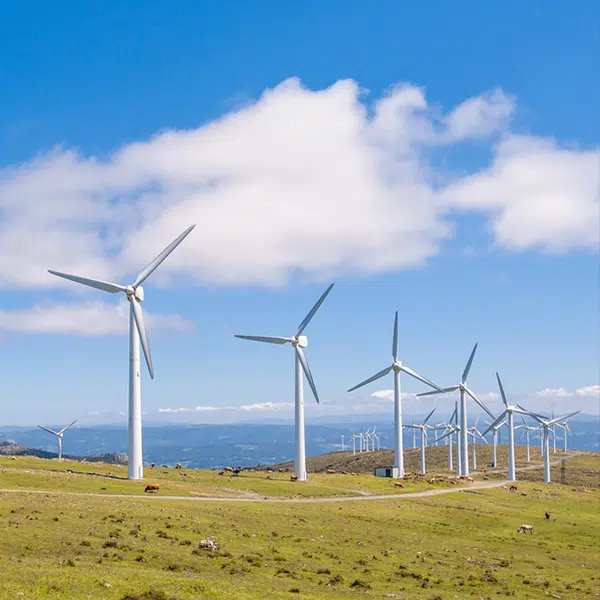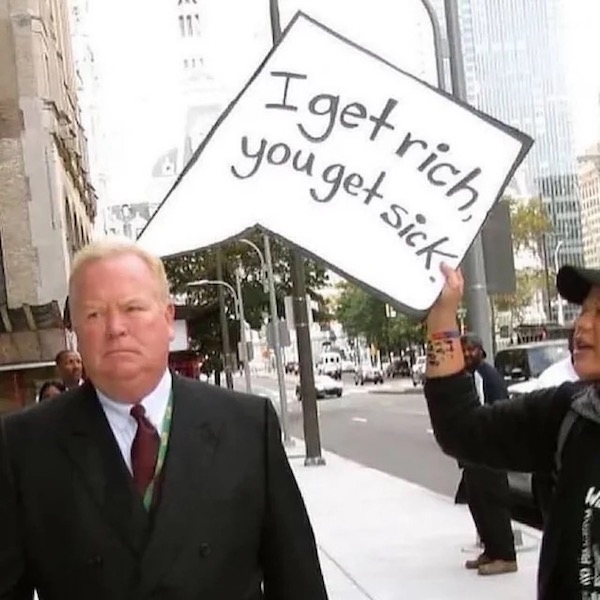From tomorrow, for the first time, the Guardian’s Saturday magazines will be wrapped in a compostable wrapping derived from potato starch, replacing the current plastic wrapping. Starting with London, Essex, Norfolk, Kent, Herts & Suffolk, rolling out to the rest of the UK soon pic.twitter.com/Qy7m4Y6d2B
— Katharine Viner (@KathViner) January 11, 2019
Readers of the UK's The Guardian newspaper may have noticed something a little different when they received last weekend's edition. Instead of receiving the newspaper's supplements in the normal plastic packaging, everything was placed inside a silky translucent wrapper. No ordinary plastic wrapper, The Guardian‘s new packaging is made from potato starch, meaning it's completely biodegradable.
In fact, rather than placing the new wrapper in the recycling bin, it should actually be composted or placed with food waste. The switch started in Greater London and select counties across England and will continue to spread across the UK in the coming months. It's a bold step for the newspaper, which often publishes articles about what we can do to help the environment, and it's one that won't come without a cost. To offset some of the investment, the weekday edition will increase 20 pence (about $0.25) and the Saturday edition will increase 30 pence (about $0.39).
The Guardian's decision comes on the heels of initiatives by corporate giants like Starbucks and Woolworths to curb or reduce plastic waste. Other publishing giants have also been innovating solutions on how to cut their plastic usage. In 2018, National Geographic announced that they'll be rolling out paper packaging for all subscribers by 2020 as part of their Planet or Plastic? initiative.
The newspaper has stated that the new wrapper should “completely compost within six months in a well-maintained compost heap or food waste bin.” While there are some questions by readers as to whether or not their council authorities will allow the wrappers in the food waste bin, overall the feedback has been positive. The Guardian‘s switch follows the examples of publications like National Trust members' magazine and the New Internationalist.
The Guardian newspaper has switched to biodegradable potato starch wrapping for their weekend edition.
Well done @guardian using a compostable wrapper made from potato starch #plasticpollution pic.twitter.com/urTG6cWfhJ
— Mark Galloway (@mark__galloway) January 12, 2019
There is some confusion on proper disposal…
Our council won’t permit potato starch bags in green bins as they clog up the mulching mechanisms. But since they biodegrade I guess they’re better in the general waste bins than plastic bags
— Nic Wells ن 🔰🇪🇺🔶 #ABTV (@NicCWells) January 12, 2019
But overall there have been positive reactions.
Very well done 👏👏👏let's hope other media groups follow suit
— Tania Jones #FBPE #RevokeA50 (@taniajones75) January 12, 2019
h/t: [dezeen]
Related Articles:
European Union Votes for a Sweeping Ban on Single-Use Plastic
Designers Develop Edible Water Bubble to Replace Hazardous Plastic Bottles
Eco-Friendly Company Saves on Plastic and Water Waste By Creating Solid Shampoos






















































































